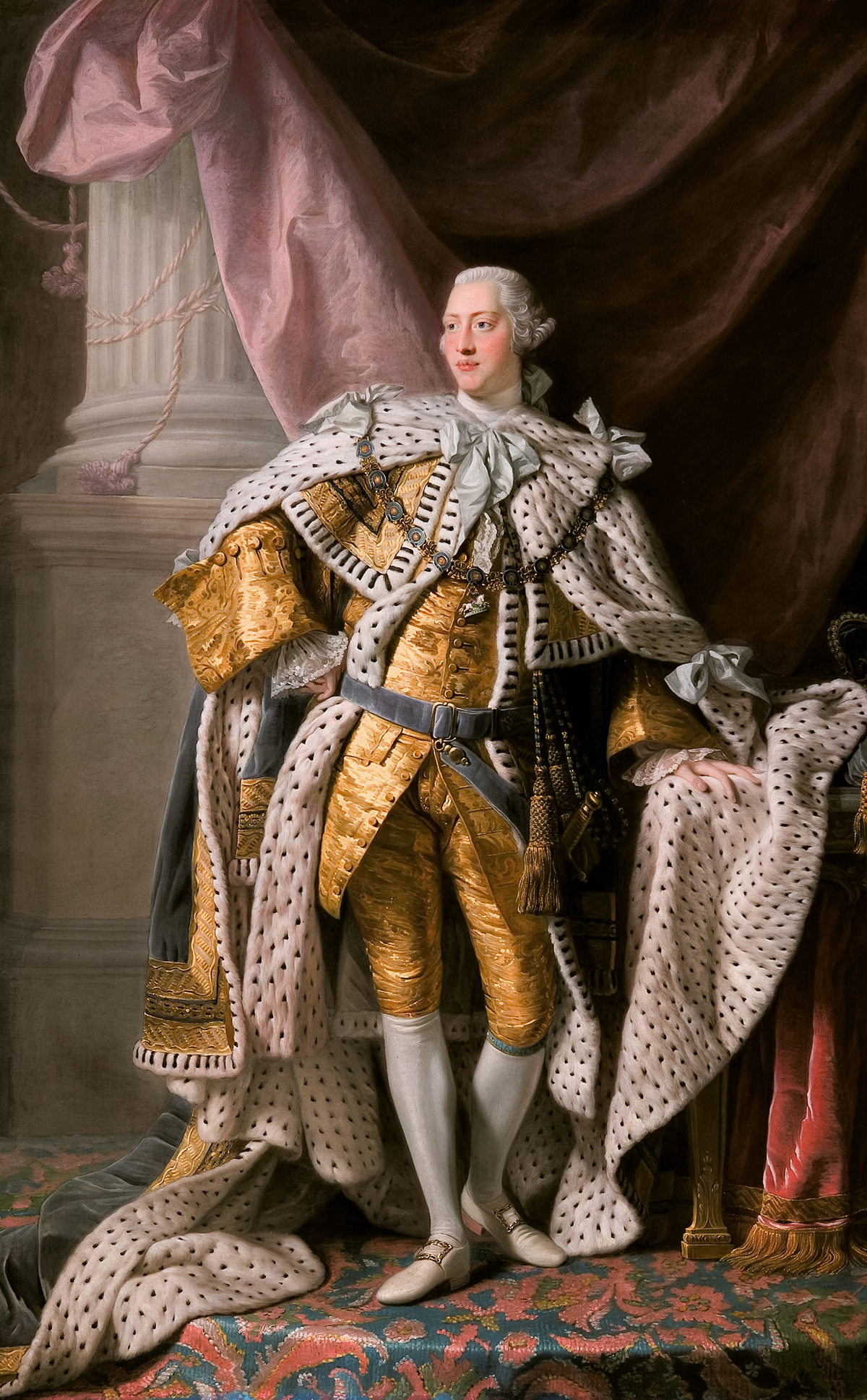When most Americans are asked, “Who was the father of his country?” they will readily say it was a guy named George. George Washington. Right?
Wrong, according to the eminent historian Stanley Weintraub. His name was George, all right, but it was George III, the king of England, who was really the father of his country — at least at the beginning of American War of Independence.
Weintraub, the Evan Pugh Professor Emeritus of Arts and Humanities at Penn State University and the award-winning author of nearly 50 books, will expound on that topic today at 3:30 p.m. Monday in the Hall of Philosophy in a talk called “George III: Royal Founding Father?” as part of the Oliver Archives Heritage Lecture series. His 2005 book Iron Tears: America’s Battle for Freedom, Britain’s Quagmire: 1775 to 1783 is widely considered a definitive history of the war from the British perspective.
“George III was considered the father of his country because he was the king and the American colonies were part of the British Empire,” Weintraub said. “The monarchy was the parent of the people. Most people in the colonies were not revolutionaries. They were content with things as they were and were quite independent. It was only a few rabble-rousers who wanted to break away.”
Those “rabble-rousers,” the people whom today we think of as our Founding Fathers, strenuously objected to a tea tax levied on the colonies by England to help pay off the debts incurred by the French and Indian War. As Weintraub sees it, it was a “token tax” on colonists who previously paid virtually nothing to the mother country, a tax “to show that the colonists were part of England.”
Most Americans of that time thought of George III as a “royal parent,” Weintraub said, and opposition to him was considered patricide. Anglican ministers of The Church of England, which predominated in the colonies then, continued to offer special prayers for the king throughout the revolution, Weintraub said, adding that even after Washington’s inauguration in April 1789, celebrations of the king’s birthday continued.
This is not to say that George III was beloved by his American cousins. As British troops arrived, he quickly went from hero to villain. After the reading of the Declaration of Independence, statues of the monarch were torn down all across the colonies. On Bowling Green in New York, Weintraub said, the statue of the king that looked out over the harbor was torn down and smashed to pieces, with much of the metal then sent to Connecticut to be turned into bullets used against the king’s soldiers. And those British soldiers were not happy to find themselves fighting a world away from their home.
Weintraub said the American Revolution was Britain’s Vietnam War.
“It was a lost cause to start with,” he said. “They just couldn’t win. There were not enough people or horses or weapons or fodder or food that the British could send across 3,000 miles of ocean. It was a logistical nightmare.”
Incompetence was rife throughout the British political and military leadership, Weintraub said, and poorly paid and fed soldiers were dying for a cause they did not believe in. It took six or seven weeks for ships to cross the Atlantic with vital information. Orders and news were overtaken by events with disastrous results for the British.
To make matters worse, George III had little real power, and could not have brought the war to an earlier and more amicable close if he had wanted to, Weintraub said. And it is not clear that he wanted to.
“He was lazy,” Weintraub said. “He was an educated man and had many interests including astronomy. He preferred to let his underlings manage the war and deal with the details.”
King George may have been lazy. But was he also mad, as many histories and popular depictions have maintained? Weintraub says no. At least the king was not mad at the beginning of or during the war. It was only in 1789, after the United States had been firmly established, that the king developed a blood disease which we now know as porphyria but was then called “purple blood” and which left him “intermittently insane,” Weintraub said.
And so he is remembered today, rightly or wrongly. Mad King George. The other George. The onetime “father of his country.”





